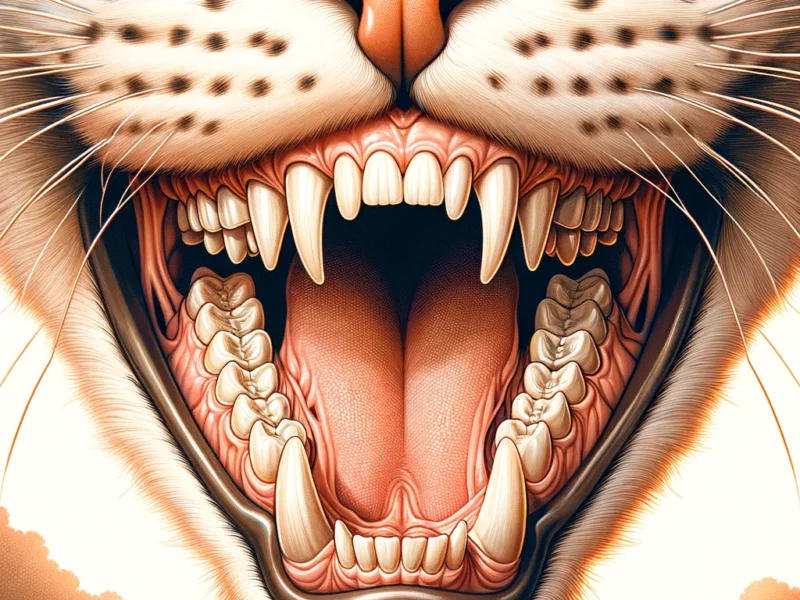The average lifespan of a horse is around 25 to 30 years, though this can vary widely depending on factors such as breed, care, and environment. Some horses have been known to live into their 40s with exceptional care and genetics. This article delves into the factors influencing a horse’s lifespan, the stages of a horse’s life, and how to care for a horse to ensure a long and healthy life.

Understanding a Horse’s Lifespan
The lifespan of a horse is influenced by several factors, including genetics, diet, healthcare, workload, and living conditions. Just like humans, horses go through different life stages, from foal to senior, and their needs change as they age.
Factors Affecting Lifespan
- Breed: Certain breeds of horses tend to live longer than others. For example, smaller breeds like Arabians and ponies generally have longer lifespans compared to larger breeds such as draft horses.
- Care: Proper care plays a critical role in determining a horse’s lifespan. This includes regular veterinary check-ups, vaccinations, dental care, and hoof care.
- Diet: A balanced diet tailored to the horse’s age, breed, and activity level is essential for its overall health and longevity. Access to clean water and high-quality forage can significantly impact a horse’s lifespan.
- Environment: Horses that live in a clean, safe, and stimulating environment are likely to live longer. Factors such as adequate space to move, companionship, and shelter from extreme weather conditions are crucial.
Stages of a Horse’s Life
- Foal: The first year of life, where rapid growth and development occur.
- Yearling: Between one and two years of age, when growth continues but starts to slow.
- Adolescent: From two to four years, when horses reach sexual maturity and may begin training.
- Adult: From four years to around 15 years, when horses are at their peak in terms of activity and work.
- Senior: Horses are considered seniors around 15-20 years old, requiring more specialized care.
Caring for a Senior Horse
As horses age, their dietary needs change, and they may require supplements or specific feeds designed for seniors. Older horses may also have special health care needs, including more frequent dental care to manage age-related dental issues. Their hooves may require more attention, and they may need additional blanketing or shelter in cold weather. Regular, light exercise can help maintain mobility and overall health in senior horses.
Maximizing Your Horse’s Lifespan
To ensure your horse lives a long, healthy life, it’s essential to provide preventative healthcare, which includes regular deworming, vaccinations, and dental care. Adequate nutrition, regular exercise, and a safe living environment also contribute to a horse’s well-being. Emotional care, including companionship and mental stimulation, is just as important for a horse’s quality of life.


